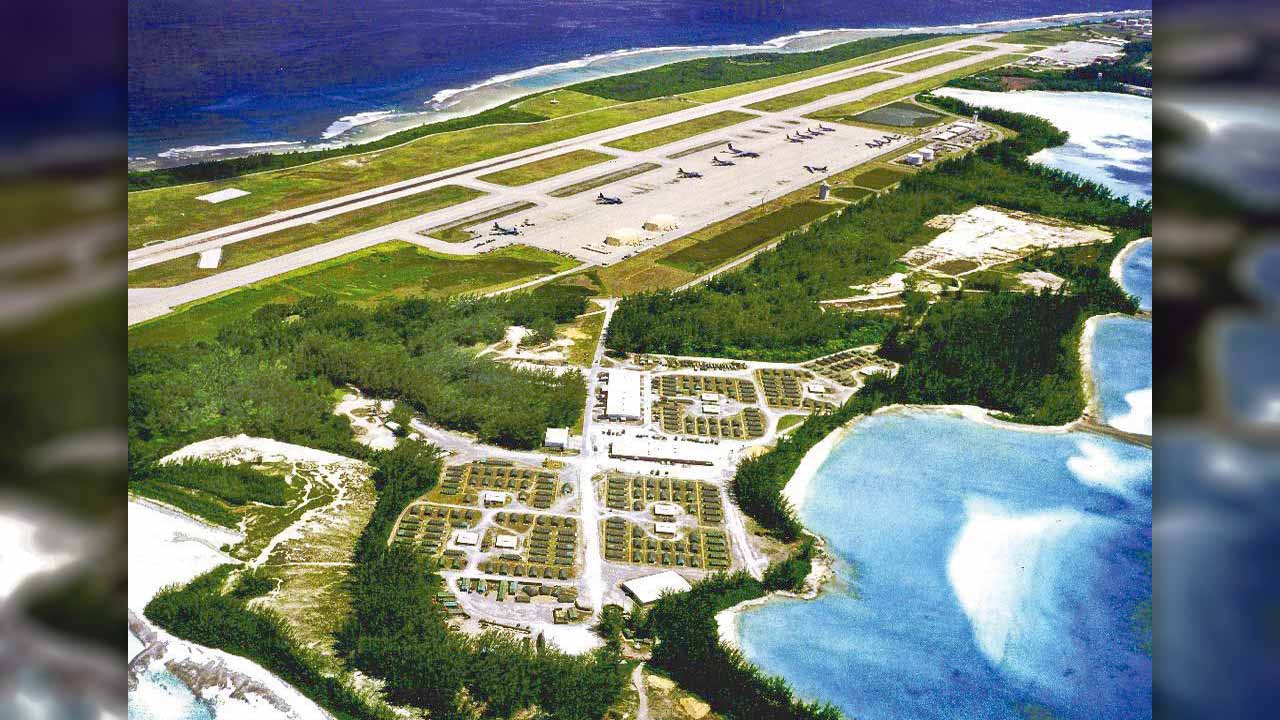
Sir Anerood Jugnauth is attending the 71st Session of the United Nations in New York. Yesterday, Thursday 22 June, at the 88th plenary meeting his request for an advisory opinion of the International Court of Justice on the legal consequences of the separation of the Chagos Archipelago from Mauritius in 1965- draft resolution –A/71/L.73- Item 87 was discussed.
The legal status of the archipelago has been at the centre of a long-running dispute between Britain and Mauritius.
On the UN agenda on Thursday, a vote on the Mauritian resolution to refer the matter of the islands to the International Court of Justice (ICJ) in The Hague. The vote is seen as a test of the diplomatic influence wielded at the UN by the British foreign secretary, Boris Johnson. If the UK fails to get backing from EU countries and loses the vote, it may be portrayed as a blow to the UK’s prestige.
In 1965, three years before Mauritius was granted independence, the UK decided to separate the Chagos Islands from the rest of its then Indian Ocean colony. The Mauritian government claims this was in breach of UN resolution 1514, passed in 1960, which specifically banned the breakup of colonies before independence.
Most of the 1,500 islanders were deported so that the largest island, Diego Garcia, could be leased to the US for a strategic airbase in 1971. Only the US has publicly backed the UK over the islands’ fate. The islanders have never been allowed to return home.
A letter sent on 8 June by Matthew Rycroft, the UK permanent representative at the UN, and circulated around diplomats in New York, warns that a vote to send the matter to the ICJ would “set a dangerous precedent for international justice which would affect us all”.
His letter suggests that the row is over sovereignty and that the dispute should be dealt with as a “bilateral issue” between the UK and Mauritius.
The UK has promised to return the Chagos Islands to Mauritius when they are no longer needed for defence purposes, but has refused to give a date.
Two years ago, Mauritius won a ruling at the permanent court of arbitration at The Hague that Britain had acted illegally in the way it has exercised territorial control over the Chagos Islands. The court criticised the UK for failing to consult over establishing a marine protection zone around what is now the British Indian Ocean Territory.
Since then, Mauritius has been more forthright in pursuing its demands on behalf of the native Chagossians who were expelled. It is also pressing for a firm date for an eventual handover of sovereignty.
Mauritius claims it has the support of all the African group of nations at the UN, as well as many states in the non-aligned movement, for its UN motion. Some EU countries, on whom the UK can normally rely, are planning to abstain in the vote.
A document circulated by Mauritius at the UN accuses the UK of adopting a “a regrettably disingenuous position”, blames Britain for “dismembering Mauritius in 1965 contrary to international law” and says that it has refused to discuss “decolonisation”.
If EU countries do not back the UK and Mauritius wins the vote, it may suggest that Brexit has undermined Britain’s international status, moving it towards a position of relative diplomatic isolation.
Spain, which resents the UK’s occupation of Gibraltar, is thought unlikely to vote against the Mauritian motion. Germany, it has been suggested, could also abstain.
Diego Garcia was used by the CIA after 9/11 in rendition and interrogation operations, which is expected to further alienate many states from the UK’s cause.
International pressure to rethink the political arrangement regarding Diego Garcia is bound to mount now that Britain has been found in breach of international law, especially given renewed interest in allowing the indigenous population of the islands to resettle their homeland after fifty years in exile.
In short, the future of Diego Garcia is in greater doubt now than at any other time in its history. And the quandary is entirely of London’s own making.
 J'aime
J'aime














